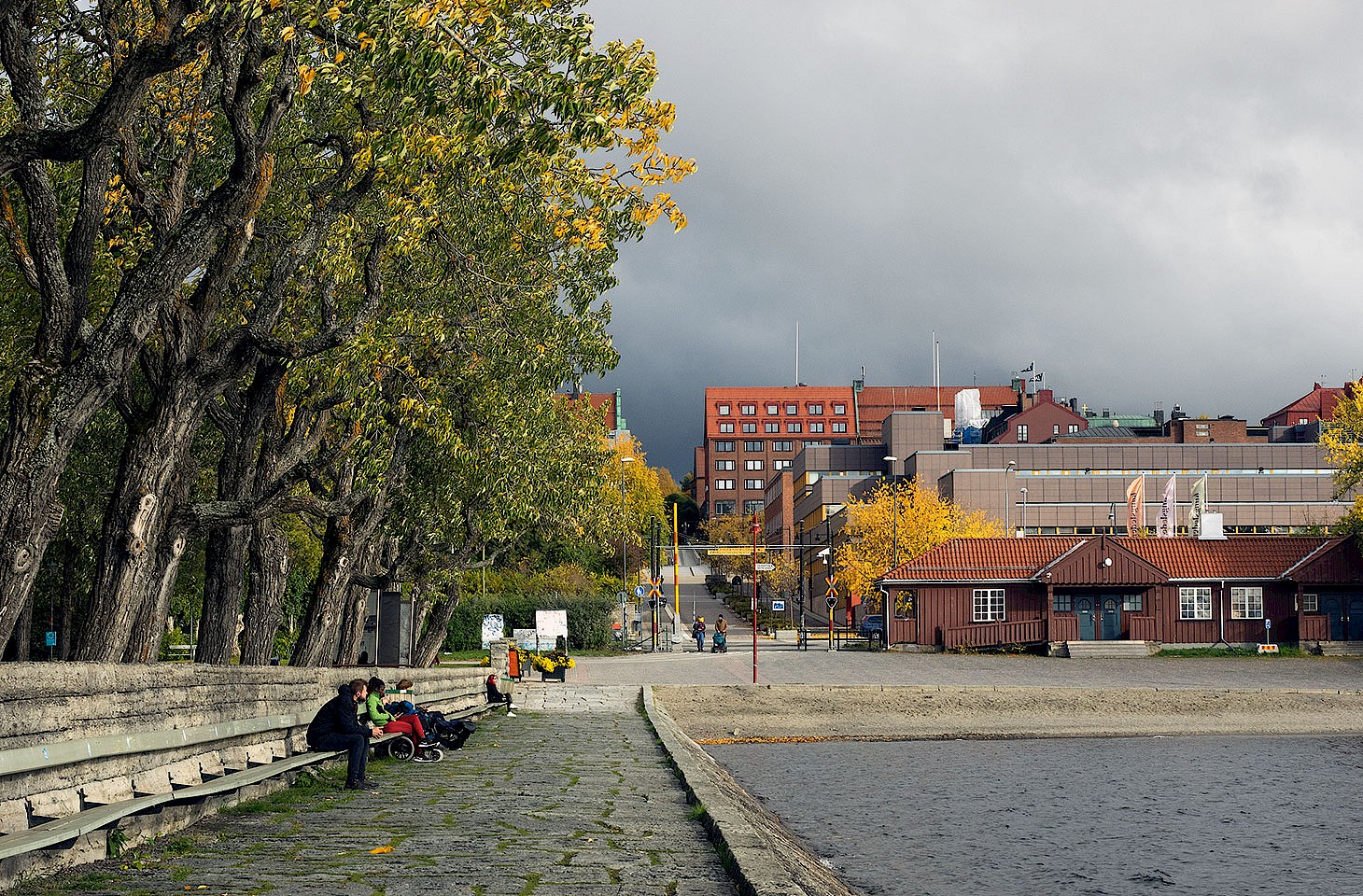There is more than a whiff of sensual forgetting in the story about knowledge in the Book of Genesis. It is rumoured, for instance, that the ‘apple’ in the Garden of Eden was actually an apricot — a fruit which French historian Jacques Le Goff has suggested was surely the only thing of any value which Christendom obtained from the disaster of the Crusades.
So is the apricot and not the apple the fruit of the ‘tree of the knowledge of good and evil’? Certainly the climate in Mesopotamia, which is where the Garden of Eden is most likely to have been situated, has always been too hot to allow the cultivation of apples: they are to be found on the cool hills of northern Lebanon, where the Romans cultivated them intensively, but not farther east.
There is a sticking point, however, with our revisionist account of the Creation: the apricot originally came from China, and was unknown in the Biblical lands until after the conquests of Alexander the Great. So perhaps it was another kind of fruit that Eve offered to Adam. It could have been something as unremarkable as the grape, like the cluster which the Greek sculptor Praxiteles gave to Hermes to dangle in front of the infant Dionysus — ready to be pressed and fermented into the finest bottle of Château Musar. Some fundamentalist Christians wouldn’t want you to have that much pleasure: they believe the tree of knowledge is now extinct, having been created by the Lord for the sole purpose of testing Adam and Eve. (They failed the test.)
Ford Madox Ford had a bright theory that the tempting fruit was actually a pomelo. In his writings, Ford used the term shaddock for the pomelo, taking the name from the English sea captain who in the seventeenth-century brought it to the West Indies from the East, where as jeruk Bali it is cut into wedges and eaten with a little salt as a snack or appetiser.
Ford spent a lot of time in Provence, which he loved (and wrote a lovely book about). The locals, he noted, had not tasted the pomelo — which they fed instead to their pigs — and had therefore never fallen: they were living in Paradise. There have been times in my life when I thought Provence was Paradise too, but quite frankly the thick albedo and weight of the pomelo, or even of the related grapefruit, make it, for me, a visually unappealing orb of desire, however delicious the juice.


